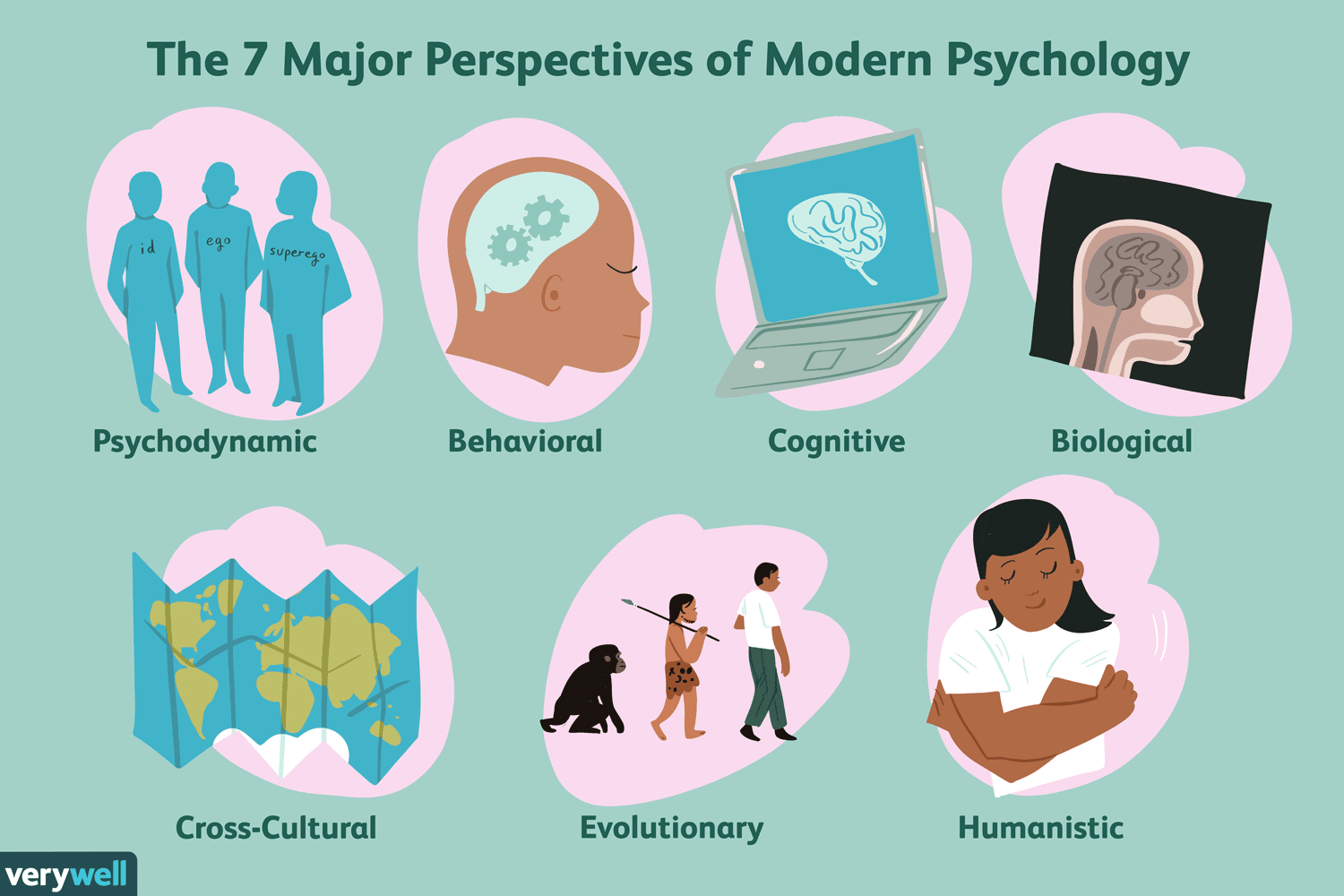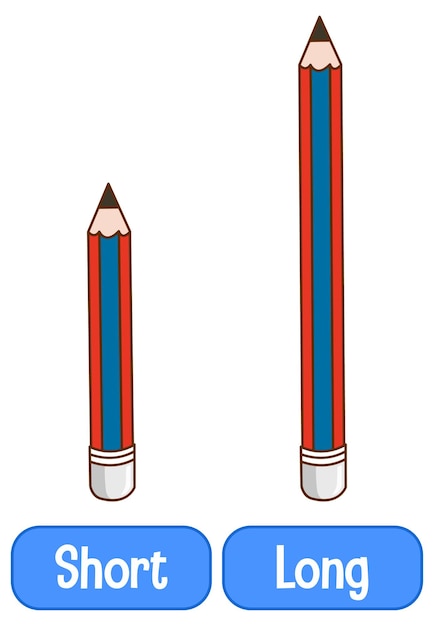Choosing the Best Technology Degree for a Successful, High-Paying Career
Introduction: The Value of a Technology Degree
Technology degrees offer some of the fastest routes to lucrative and secure careers in the modern job market. With rapid advancements in artificial intelligence, data science, and computer engineering, demand for skilled professionals continues to rise. Choosing the best technology degree depends on your interests, career goals, and the evolving needs of the workforce. This guide examines the highest-paying and most in-demand technology degrees, provides real-world examples, and offers step-by-step advice for selecting and starting your path in tech.
What Makes a Technology Degree ‘The Best’?
The “best” technology degree is typically defined by several factors:
- Salary Potential : Early-career and mid-career earnings.
- Job Security : Projected growth and market demand.
- Versatility : Range of industries and roles available.
- Personal Fit : Alignment with your strengths and interests.
Recent data show that technology and engineering degrees consistently lead the pack in terms of salary and job prospects. For example, computer science and engineering majors had median starting salaries of $80,000 in 2023, with many specialties exceeding six figures by mid-career [3] .
Top Technology Degrees for 2025 and Beyond
1. Computer Science
Computer Science remains a leading choice because of its broad applicability and high earning potential. Graduates can work in software development, cybersecurity, artificial intelligence, and beyond. Early-career salaries are typically around $80,000, with much higher earnings possible as you advance [3] .
Real-World Example: Many Fortune 500 companies, startups, and government agencies rely on computer science graduates for roles such as software developer, systems architect, and IT project manager. The Bureau of Labor Statistics lists software developers with a median annual salary of $132,270 in 2023 [4] .
How to Get Started: Apply to accredited universities offering Bachelor of Science in Computer Science. Consider programs with strong internship or co-op placements for hands-on experience. To enhance employability, pursue certifications in trending technologies (e.g., cloud computing, AI frameworks).
2. Computer Engineering
Computer Engineering blends hardware and software expertise. It’s ideal for those interested in both product design and systems innovation. The field is experiencing rapid growth due to the rise of IoT (Internet of Things), robotics, and smart devices. Median early-career salaries are typically $80,000, with hardware engineers earning a median of $145,080 annually [2] [3] .

Source: egis.edu.my
Real-World Example: Computer engineers work for tech giants (such as Intel, Apple, and NVIDIA), developing next-generation processors, embedded systems, and consumer electronics.
How to Get Started: Research universities with ABET-accredited computer engineering programs. Look for opportunities to participate in undergraduate research or engineering competitions. Seek out internships with companies in electronics, automotive, or telecommunications sectors.
3. Data Science and Analytics
Data Science has emerged as one of the most valuable and well-compensated tech fields. Organizations in finance, healthcare, and IT hire data scientists to analyze large datasets and drive informed decision-making. Median salaries for data scientists are projected to be around $108,000 in 2025, with senior professionals earning significantly more [1] [5] .
Real-World Example: Data scientists at companies like Amazon and Google develop algorithms that power recommendation engines, fraud detection, and business analytics systems.
How to Get Started: Enroll in a bachelor’s or master’s program in data science, statistics, or applied mathematics. Gain proficiency in programming languages such as Python and R. Participate in data competitions and build a portfolio of projects to showcase your skills.
4. Artificial Intelligence and Machine Learning
AI and Machine Learning are revolutionizing industries from healthcare to transportation. Degrees in these fields are highly specialized and command strong salaries, often exceeding $140,000 for professionals with advanced skills [1] .
Real-World Example: AI engineers work on self-driving car systems, natural language processing, and automated diagnostics in medicine.
How to Get Started: Pursue computer science or engineering degrees with AI-focused coursework. Consider graduate studies or online certificates in machine learning. Build experience through research projects or open-source contributions.
5. Information Systems
Information Systems degrees are ideal for those who want to bridge technology and business. Graduates design, manage, and secure complex information infrastructures. Median salaries start at six figures and offer strong upward mobility [2] .
Real-World Example: Information systems professionals manage enterprise IT systems, cybersecurity operations, and data-driven business processes in both private and public sectors.
How to Get Started: Look for bachelor’s programs in information systems, management information systems (MIS), or business analytics. Seek internships in IT consulting, banking, or healthcare technology.
Alternative and Emerging Technology Degrees
While the above degrees dominate in salary and demand, other technology fields may also offer strong prospects depending on your interests:
- Cybersecurity: Focuses on protecting data and networks; growing rapidly due to increasing cyber threats.
- Web Development: Offers creative roles with high flexibility and demand-median salary for web developers is $92,750 in the U.S. [5] .
- Software Quality Assurance: Ensures software reliability; QA analysts earn over $100,000 median salary [4] .
It’s important to consider personal interests and market trends. For example, students passionate about space or aviation may pursue aerospace engineering, which also offers high starting salaries [3] .
Step-by-Step: How to Choose and Access a Top Technology Degree
- Assess Your Interests and Strengths: Reflect on whether you prefer coding, data analysis, hardware design, or business technology.
- Research Accredited Programs: Search for universities or colleges with accredited technology departments. Use official university websites and resources like the U.S. Department of Education’s College Scorecard to compare programs.
- Understand Admission Requirements: Most technology degrees require a strong background in mathematics and science. Some competitive programs may require standardized test scores, portfolios, or interviews.
- Apply for Financial Aid: For U.S. students, complete the Free Application for Federal Student Aid (FAFSA) via the official government website. International students should explore scholarships and grants through university financial aid offices.
- Seek Internships and Practical Experience: Employers value real-world experience. Participate in internships, co-ops, or research projects.
- Stay Current with Industry Trends: Join student chapters of professional organizations (such as ACM, IEEE, or ISACA). Attend workshops and follow reputable tech news sources.
- Build a Network: Connect with professors, alumni, and industry professionals. Attend career fairs and technology conferences to discover opportunities and mentorship.
Alternative Pathways: If a traditional bachelor’s degree is not accessible, consider online degrees, coding bootcamps, or associate programs accredited by recognized agencies. Many employers now accept alternative credentials if you can demonstrate relevant skills.
Potential Challenges and How to Overcome Them
Securing a spot in top technology programs is competitive and may require strong high school performance, especially in math and science. Some students may face financial barriers, which can be addressed by seeking scholarships, grants, or work-study opportunities. Staying motivated in rigorous courses is another challenge; forming study groups and seeking mentorship can help.
For career switchers or those re-entering education, online programs and part-time study options provide greater flexibility. It’s important to verify the accreditation and industry recognition of any program before enrolling.

Source: mywifequitherjob.com
Summary: Making the Best Choice for Your Future
Ultimately, the best technology degree for you will align with your personal interests and career aspirations while offering strong salary and job growth potential. Degrees in computer science, computer engineering, data science, artificial intelligence, and information systems are among the most lucrative and versatile. By carefully researching programs, seeking practical experience, and building a professional network, you can position yourself for a rewarding career in technology.
References
- [1] University of Bridgeport (2025). 9 Highest Paying College Majors in 2025.
- [2] Amber Student (2025). Top 6 Highest Paying Technology Degrees in the USA in 2025.
- [3] BestColleges.com (2025). Highest-Paying College Majors: 2025 Statistics.
- [4] edX (2025). Top 10 highest-paying tech jobs and their education requirements.
- [5] NetCom Learning (2025). 20 Highest Paying Tech Jobs in 2025.
MORE FROM findworkpro.com













